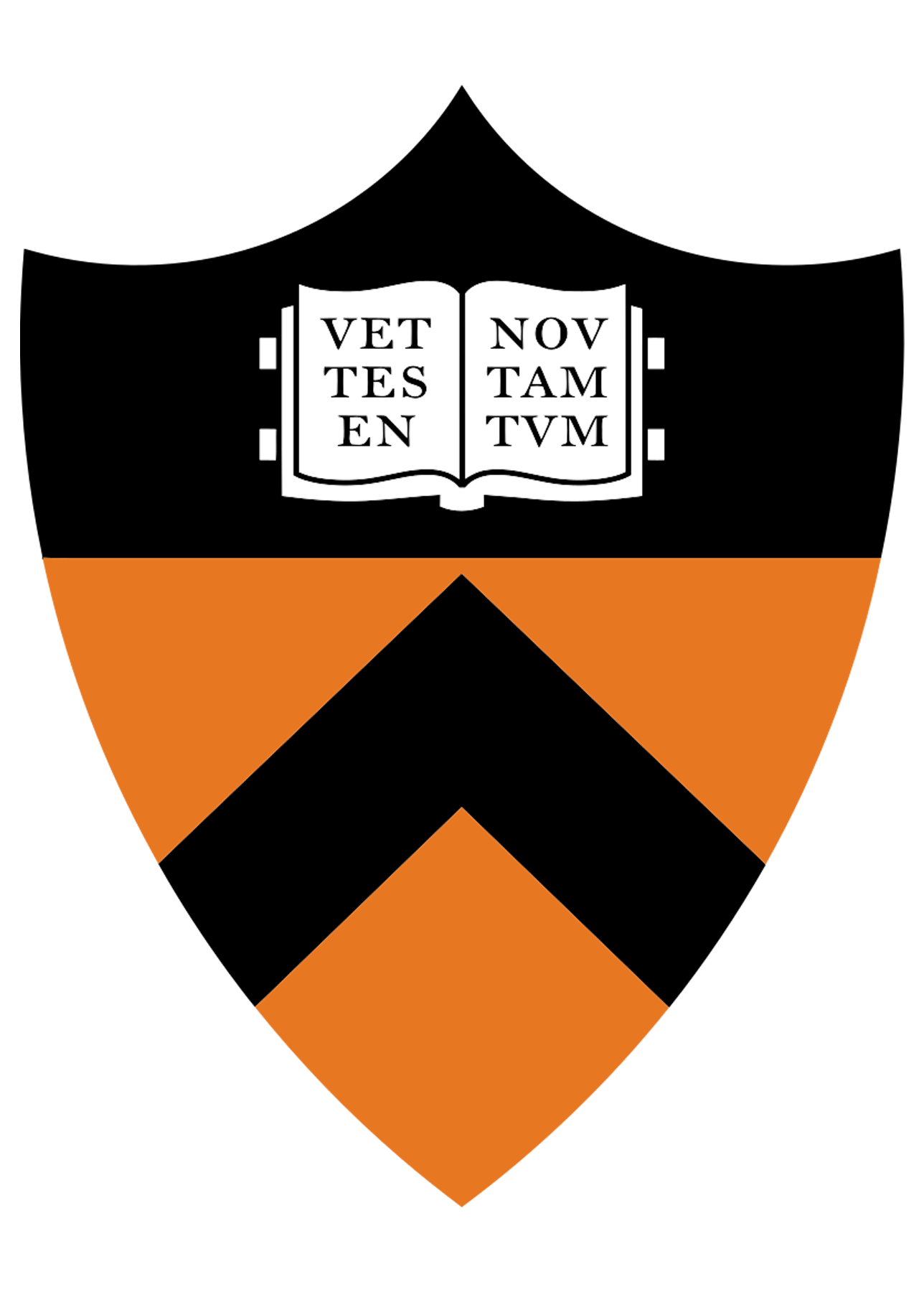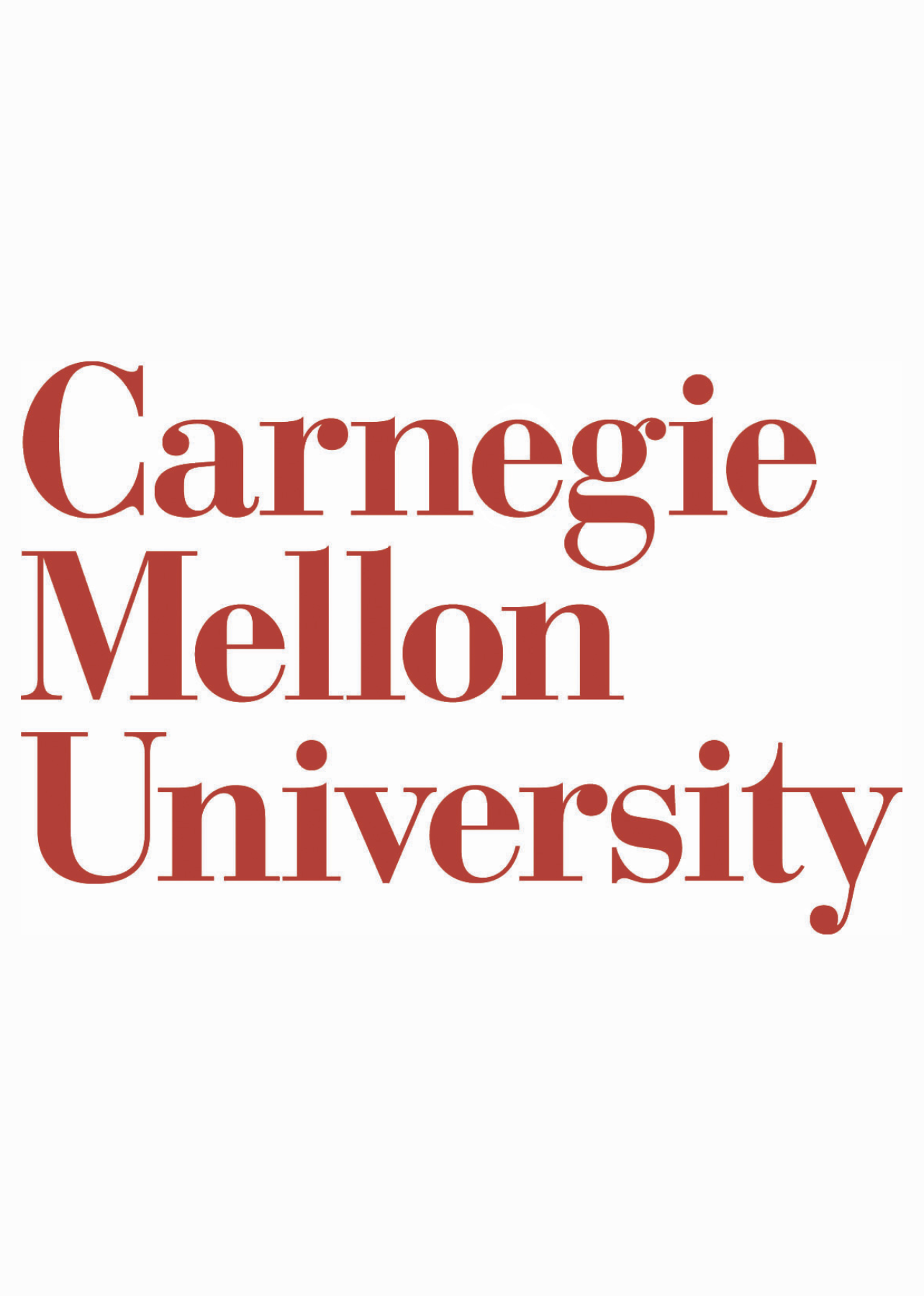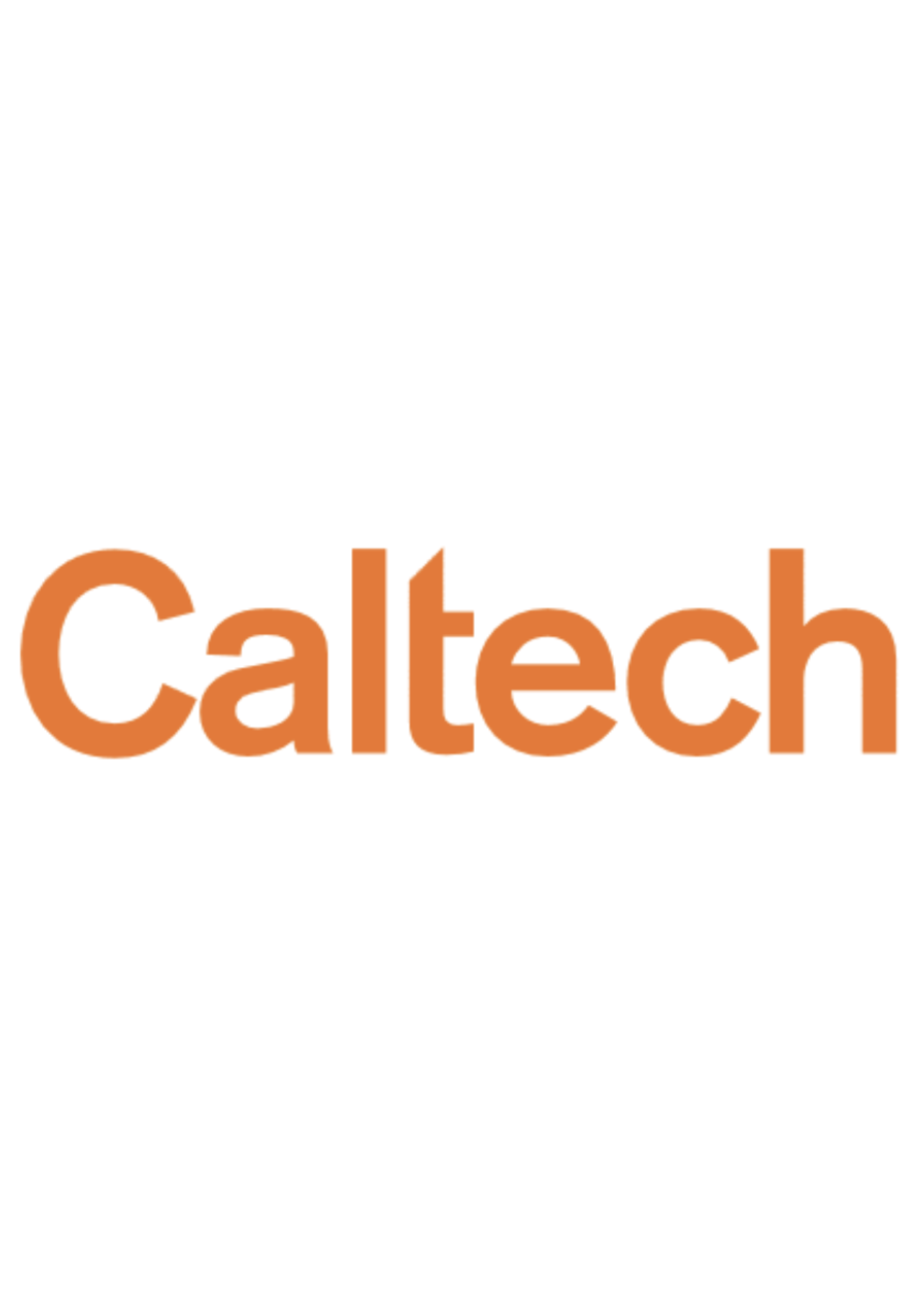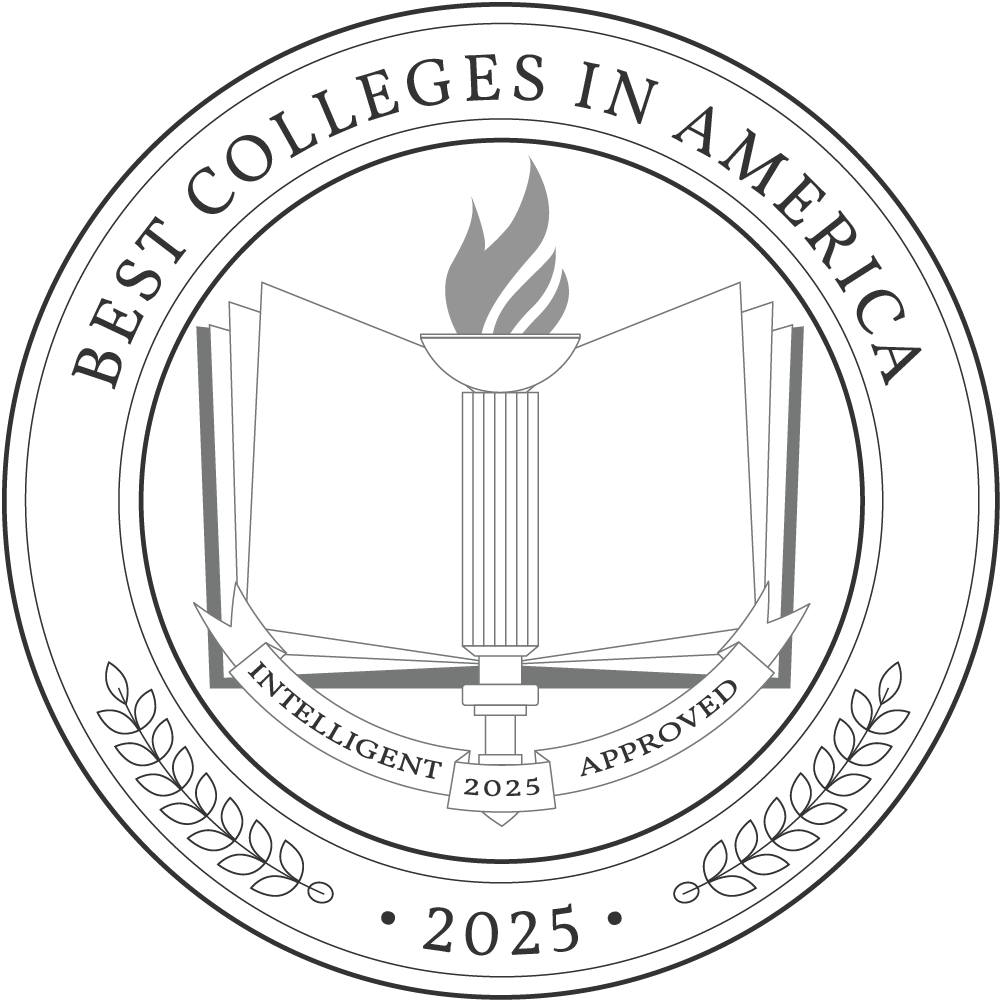With over 5,800 accredited post-secondary institutions, the U.S. has plenty of options when students are considering colleges. Determining which of these institutions is the best depends on many factors, including admissions, retention, and graduation rates; cost and financial aid availability; quality of degree programs and faculty; and personal factors unique to each student.
To help students narrow down their choices, Intelligent.com reviewed hundreds of colleges and universities based on key factors, selecting the ones that performed the best. This article also guides students on how to choose the college that is best for them and answers frequently asked questions about higher education.
Why Trust Us
The Intelligent.com Higher Education Team is dedicated to providing students with independent, equitable school and program rankings and well-researched resources. Our expert-driven articles cover topics related to online colleges and programs, paying for school, and career outlooks. We use data from the U.S. Department of Education’s College Scorecard, the National Center for Education Statistics, and other reputable educational and professional organizations. Our academic advisory team reviews content and verifies accuracy throughout the year for the most current information. Partnerships do not influence rankings or editorial decisions.
- Analyzed over 2,000 national, accredited, and nonprofit colleges and universities
- 800+ rankings pages are reviewed and updated yearly
- Content is informed by reputable sources, surveys, and interviews with academic advisors and other experts
- Over 100 data points are reviewed for accuracy and quality throughout the year, including sources
How we rank schools
Our list features the best online Colleges in America degree programs at top colleges nationwide. Each school featured is a nonprofit, accredited institution — either public or private — with a high standard of academic quality for post-secondary institutions.
We evaluated each school’s program on tuition costs, admission, retention and graduation rates, faculty, reputation, and the student resources provided for online students. We collected data from trusted sources like the National Center for Education Statistics, individual school and program websites, school admissions counselors, and other data sources. Then, we calculated the Intelligent Score on a scale of 0 to 100 based on the following criterion:
Academic Quality:
- Admission rate versus enrollment rate
- Retention rate of students who return after year one
- Accreditation status (regional and programmatic)
- Nonprofit status, both private and public institutions
Graduation Rate
- Overall graduation rate
- Total number of currently enrolled students, including diversity metrics
- Student-to-faculty ratio
Cost and ROI
- In-state and out-of-state per-credit tuition rates and fees
- Required credits to graduate
- Earning potential after graduation
- Availability of federal student loans, scholarships, and other financial aid options
Student Resources
- Available student services for online-only and hybrid programs
- On-campus amenities like tutoring centers and the number of libraries
Read more about our ranking methodology.
The Top 37 Colleges and Universities
FiltersInstitution Type
Status
- Intelligent Score
- Alphabetically By University Name
- Acceptance Rate
- Enrollment
- In-state Graduate Tuition
- Out-of-state Graduate Tuition
- In-state Undergraduate Tuition
- Out-of-state Undergraduate Tuition

Massachusetts Institute of Technology
Intelligent Score: 99.68In-state: $53,450
Out-of-state: $53,450
In-state: $53,450
Out-of-state: $53,450
SAT: 1510-1580
ACT: 34-36
Certificate: $436 - $500 Undergraduate: $960 Gradudate: $670 - $960
On-Campus
New England Commission of Higher Education
Certificate: 6-36 Undergraduate: 120-180 Graduate: 34-94

Stanford University
Intelligent Score: 99.28In-state: $55,473
Out-of-state: $55,473
In-state: $54,315
Out-of-state: $54,315
SAT: 1420-1570
ACT: 31-35
Undergraduate: $1,628 - $2,713 Gradudate: $1,986 - $2,244
On-Campus
Western Association of Schools and Colleges Senior College and University Commission
Undergraduate: 120 Graduate: 30-60

Harvard University
Intelligent Score: 99.21In-state: $49,653
Out-of-state: $49,653
In-state: $49,448
Out-of-state: $49,448
SAT: 1460-1580
ACT: 33-35
Undergraduate: $1,767 Gradudate: $1,739 - $1,988
On-Campus
New England Commission of Higher Education
Undergraduate: 128 Graduate: 32-64

Yale University
Intelligent Score: 99.07In-state: $57,700
Out-of-state: $57,700
In-state: $44,500
Out-of-state: $44,500
SAT: 1460-1580
ACT: 33-35
Undergraduate: $1,868 Gradudate: $1,546
On-Campus
New England Commission of Higher Education
Certificate: 14-20 Undergraduate: 120-128 Graduate: 36-72

University of Pennsylvania
Intelligent Score: 98.84In-state: $53,166
Out-of-state: $53,166
In-state: $37,678
Out-of-state: $37,678
SAT: 1460-1570
ACT: 33-35
Undergraduate: $923 - $1,128 Gradudate: $1,285 - $1,404
On-Campus
Middle States Commission on Higher Education
Certificate: 8-20 Undergraduate: 120 Graduate: 32-76

Duke University
Intelligent Score: 96.97In-state: $55,880
Out-of-state: $55,880
In-state: $57,900
Out-of-state: $57,900
SAT: 1470-1570
ACT: 34-35
Certificate: $2,267 Undergraduate: $1,036 - $1,889 Gradudate: $3,780
On-Campus
Southern Association of Colleges and Schools Commission on Colleges
Certificate: 15 Undergraduate: 136 Graduate: 30-43

Princeton University
Intelligent Score: 95.17In-state: $48,502
Out-of-state: $48,502
In-state: $53,890
Out-of-state: $53,890
SAT: 1450-1570
ACT: 32-35
Undergraduate: $1,950 Gradudate: $1,733
On-Campus
Middle States Commission on Higher Education
Certificate: 12 Undergraduate: 120-144 Graduate: 48-64

University of Chicago
Intelligent Score: 94.85In-state: $57,642
Out-of-state: $57,642
In-state: $60,300
Out-of-state: $60,300
SAT: 1500-1570
ACT: 34-35
Undergraduate: $1,873 Gradudate: $555 - $1,666
On-Campus
Higher Learning Commission
Undergraduate: 126 Graduate: 36-54

Columbia University in the City of New York
Intelligent Score: 93.97In-state: $57,864
Out-of-state: $57,864
In-state: $49,024
Out-of-state: $49,024
SAT: 1460-1570
ACT: 33-35
Undergraduate: $2,188 Gradudate: $2,370
On-Campus
Middle States Commission on Higher Education
Certificate: 20-24 Undergraduate: 124 Graduate: 30-90

Johns Hopkins University
Intelligent Score: 92.78In-state: $54,160
Out-of-state: $54,160
In-state: $57,010
Out-of-state: $57,010
SAT: 1470-1560
ACT: 34-36
Certificate: $1,498 Undergraduate: $1,294 - $1,798 Gradudate: $846 - $1,086
On-Campus
Middle States Commission on Higher Education
Certificate: 16 Undergraduate: 120-130 Graduate: 30-90

Carnegie Mellon University
Intelligent Score: 92.43In-state: $57,560
Out-of-state: $57,560
In-state: $46,441
Out-of-state: $46,441
SAT: 1460-1560
ACT: 33-35
Undergraduate: $299 Gradudate: $223 - $258
On-Campus
Middle States Commission on Higher Education
Undergraduate: 120-122 Graduate: 32-48

Brown University
Intelligent Score: 91.07In-state: $59,254
Out-of-state: $59,254
In-state: $59,254
Out-of-state: $59,254
SAT: 1440-1560
ACT: 33-35
Certificate: $493 Undergraduate: $2,144 Gradudate: $1,664 - $2,144
On-Campus
New England Commission of Higher Education
Certificate: 5-16 Undergraduate: 120 Graduate: 30-42

Northwestern University
Intelligent Score: 90.69In-state: $58,227
Out-of-state: $58,227
In-state: $56,067
Out-of-state: $56,067
SAT: 1430-1550
ACT: 33-35
Undergraduate: $2,104 Gradudate: $1,548 - $2,096
On-Campus
Higher Learning Commission
Certificate: 15-16 Undergraduate: 120 Graduate: 42-79

Cornell University
Intelligent Score: 90.6In-state: $58,586
Out-of-state: $58,586
In-state: $29,500
Out-of-state: $29,500
SAT: 1400-1540
ACT: 32-35
Undergraduate: $1,151 - $1,710 Gradudate: $488 - $2,717
On-Campus
Middle States Commission on Higher Education
Undergraduate: 120 Graduate: 30-48

Caltech
Intelligent Score: 88.68In-state: $54,570
Out-of-state: $54,570
In-state: $54,570
Out-of-state: $54,570
SAT: 1530-1580
ACT: 35-36
Undergraduate: $782 Gradudate: $587 - $782
On-Campus
Western Association of Schools and Colleges Senior College and University Commission
Undergraduate: 120 Graduate: 45

Washington University in St. Louis
Intelligent Score: 88.08In-state: $56,300
Out-of-state: $56,300
In-state: $56,300
Out-of-state: $56,300
SAT: 1480-1560
ACT: 33-35
Undergraduate: $1,791 - $2,687 Gradudate: $2,688
On-Campus
Higher Learning Commission
Certificate: 9-15 Undergraduate: 120 Graduate: 30-72

University of Southern California
Intelligent Score: 87.84In-state: $59,260
Out-of-state: $59,260
In-state: $47,880
Out-of-state: $47,880
SAT: 1340-1530
ACT: 30-34
Undergraduate: $1,941 - $2,354 Gradudate: $2,354 - $2,768
On-Campus
Western Association of Schools and Colleges Senior College and University Commission
Certificate: 15 Undergraduate: 128 Graduate: 36-48

Dartmouth College
Intelligent Score: 86.47In-state: $57,796
Out-of-state: $57,796
In-state: $57,796
Out-of-state: $57,796
SAT: 1440-1560
ACT: 32-35
Undergraduate: $1,259 Gradudate: $2,099
On-Campus
New England Commission of Higher Education
Undergraduate: 120-122 Graduate: 31-42
Online vs. Traditional College — Which is Best for Me?
Since the COVID-19 pandemic accelerated a trend toward online learning, an increasing number of colleges are offering online degree programs. This creates yet another decision for prospective students — should they attend a traditional in-person college or earn their degree remotely? Here are some factors to consider when making this choice.
Flexibility
One of the primary selling points of online degree programs is flexibility. Many of these programs deliver coursework asynchronously, meaning there are no designated class meetings, and students can access their lessons and assignments whenever and wherever it best suits them. By comparison, traditional in-person degree programs require students to be in a specific location at a specific time for classes. For students who are juggling work, family, and other responsibilities, the flexibility of an online program may be necessary for completing their degree.
However, students who are considering this path should note that it does require a significant amount of self-discipline and motivation. Without consistent class meetings and interactions with instructors, students must hold themselves accountable for completing lessons, studying, and turning in assignments on time.
Accessibility
Online degree programs also increase students’ access to learning. For example, you may want to pursue a degree that isn’t offered at any nearby colleges. Attending a traditional in-person program may require relocating to a different city or state, which may not be possible. With an online program, you can access the degree you want from wherever you are without uprooting your life.
Additionally, for differently abled students, learning remotely may be easier than traveling to and navigating a campus. A self-paced asynchronous program can allow students to progress through their coursework as their physical or mental health allows without adhering to a strict schedule.
Learning style and preferences
Every student learns differently, so it’s also important to consider what works best for you when it comes to obtaining and retaining information.
Most college courses, whether in-person or online, rely on a combination of lectures, reading, and written assignments. When learning in person, however, there is a greater opportunity for questions and discussion with instructors and classmates, which can help students process material and make new connections. There may also be more hands-on projects, either in individual or group settings, which can be more engaging for tactile learners.
In online programs, students typically learn through pre-recorded lectures, videos, readings, and written assignments. Although instructors may use online discussion forums, students largely learn independently, which can be beneficial for those who process information visually and through writing.
Area of study
Considering the area of study you’re pursuing can also help determine whether you should pursue a degree online or in-person, as some subjects may be better suited to in-person learning.
For example, students studying visual and performing arts programs that rely heavily on physical processes and collaboration may be better served by attending a traditional on-campus program. Science programs requiring lab work or specialized equipment may also be easier to complete in person.
Even in programs for which most of the coursework can be completed remotely, like nursing or social work, experiential learning components like clinical rotations and internships may require students to fulfill them in person.
Student experience
Deciding what kind of learning environment you want also depends on your desired student experience.
For many students, particularly those who enroll in college directly after graduating from high school, attending a traditional on-campus program is the first time they are living independently away from home. It provides valuable life experience and opportunities for personal and social growth. Students in on-campus programs have more access to extracurricular activities, athletics, networking and social opportunities, and different geographic environments.
Meanwhile, an online program may be a better way to incorporate post-secondary education for students whose primary focus is earning their degree or who already have an established life with job and family obligations. While this type of learning may not offer the same type of social opportunities as an in-person program, students can develop valuable skills, like working independently, technical knowledge, and collaboration using various telecommunications platforms.
Frequently Asked Questions About the Best Colleges in America
How much does a college degree cost?
According to the National Center for Education Statistics (NCES), average annual tuition during the 2022-23 academic year was $3,885 for two-year degree programs (associate degrees) and $17,709 for four-year degree programs (bachelor’s degrees). The average annual tuition for graduate programs was $20,513.
However, the total cost of college degrees and the amount that students actually pay vary based on multiple factors. For example, public colleges, which receive state and federal funding to subsidize tuition costs for in-state students, are often a less expensive option than private colleges. Non-resident students who attend a public college online may also qualify for in-state tuition rates, depending on the school and program.
Meanwhile, students who attend traditional in-person colleges must factor in the costs of on-campus room and board or commuting costs like gas, parking, or public transportation.
Students can also significantly lower their tuition costs with financial aid that doesn’t have to be repaid, known as gift aid, like scholarships, grants, fellowships, or employer tuition assistance benefits.
For the most accurate information about how much college costs, speak to a financial aid counselor from the institutions you’re considering.
How long does it take to earn a college degree?
This largely depends on the degree you’re earning, the total number of credits required, and the pace at which you progress through the program.
| Degree | Minimum Credits | Standard Minimum Completion Time (Full-Time Enrollment) |
| Associate | 60 | 2 years |
| Bachelor’s | 120 | 4 years |
| Master’s | 36-60 | 1-3 years |
| Doctorate | 60-120 | 3-5 years |
Students who attend their program on a part-time basis will likely take longer to finish their degree.
Those who want to complete their degree faster can consider accelerated degree programs, which condense coursework into a shorter time frame or allow students to progress through the program at their own pace.
Is a college degree worth it?
Earning a college degree has numerous benefits, including increased earning potential, lower unemployment rates, career preparation, and the development of transferable skills.
According to the Bureau of Labor Statistics (BLS), individuals with a bachelor’s degree earn a median weekly salary of $$1493, compared to $992 for individuals with no degree. Median weekly earnings increase to $2,206 for those with a professional post-graduate degree.
However, research has shown that a student’s specific major can impact their return on investment (ROI), with certain majors outperforming others when it comes to future earning potential. Students should use resources like the BLS Occupational Outlook Handbook to learn more about earning potential and employment outlook to help them determine what kind of career and degree they want to pursue.
It’s also important to note that what you get out of a college education depends on what you put into it. Earning a degree is a significant undertaking that requires time and energy, and students are best poised for success when they are willing and able to focus on their studies.
What is accreditation?
College accreditation is an evaluation process conducted by an independent agency to ensure that traditional and online post-secondary institutions provide students with an educational experience that meets specific quality standards. In the U.S., accreditation is optional, although there are numerous benefits to having this status. A school’s accreditation status can affect a student’s eligibility for financial aid, future educational and job opportunities, and professional licenses and credentials.
The U.S. Department of Education oversees accreditation for post-secondary institutions, although it does not accredit schools itself. Instead, independent agencies recognized by the Council for Higher Education Accreditation (CHEA) review schools and award accreditation to those that meet their established standards.
There are two types of accreditation for colleges and universities in the U.S. — regional and national. Regional accreditation is the more rigorous of the two and is considered the gold standard of academic accreditation. Regionally accredited institutions only accept college credits and degrees from other regionally accredited schools, whereas nationally accredited schools accept credits from both types of institutions. This is important for students who plan to transfer between colleges or pursue graduate study after completing their undergraduate degree.
How can I learn more about online and traditional colleges?
There are many ways to research colleges. Most students start by visiting a school’s website, where they can learn more about the curriculum, faculty, admissions requirements, and cost. Prospective students can also contact the school’s admissions office to speak to an admissions counselor and get more information. Another option is following colleges and academic departments on social media.
For students considering traditional in-person programs, one of the best ways to determine if a school is a good fit is to visit. Most schools offer campus tours, open houses, class observations, or pre-college programs where students can get an up-close look at the school and get a feel for the campus environment. With online programs, schools often offer virtual open houses or information sessions so prospective students have an opportunity to interact with faculty and students.
Learn More About Colleges in America
- Are Online Degrees The Same As Traditional Degrees?
- Do Online Degrees Say Online On The Diploma?
- Do Employers Accept Online Degrees?
- Does Out-of-State Tuition Apply To Online Degrees?
- Is Online College Cheaper?
- Do Any Ivy League Schools Have Online Degrees?
- Can I Finish My Bachelor’s Degree Online?
- How Much Does an Online Bachelor’s Degree Cost?
- Can I Get a Master’s Degree Online?
- How Much Does an Online Master’s Degree Cost?
- Can You Get a PhD Online?
- Are Online PhD Programs Legitimate?
- Do I Need to Take the SAT or ACT for College Admissions?
- Surviving College Closures: Selecting a Financially Sound School and Managing Closure While Enrolled

